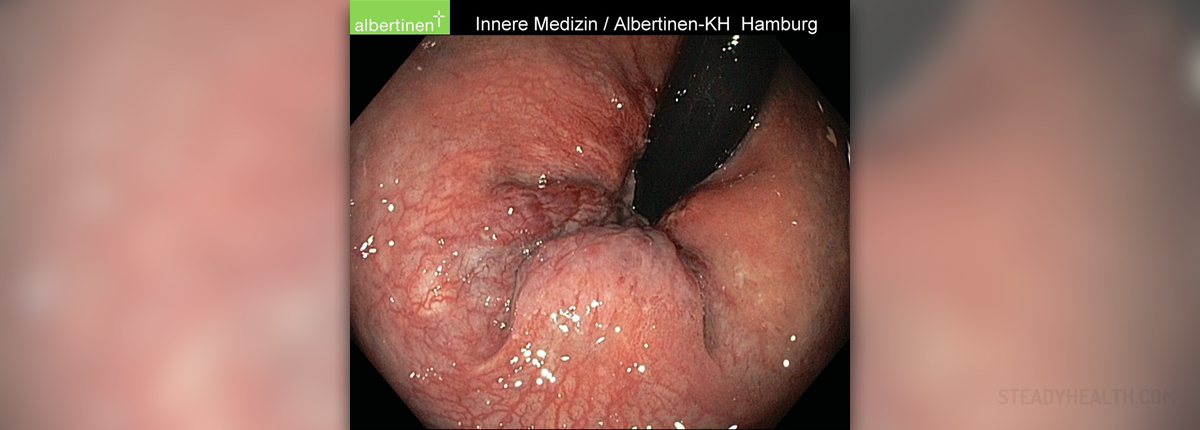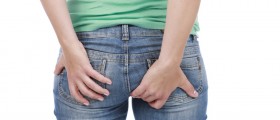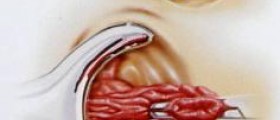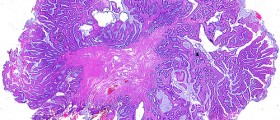
Hemorrhoids are vascular structures found in the anal canal. These structures normally help with stool control, but sometimes they can become swollen and inflamed. These initially small swellings may become inflamed due to the friction between the stool and the lining of the anus. Because of the friction, the fissures may develop and cause bleeding. There are two main types of hemorrhoids: external and internal. External hemorrhoids occur outside the anal canal. Internal hemorrhoids are found in the inner side of the rectum. There are no pain receptors in the rectum so most of the people do not feel any pain and may not be aware they have hemorrhoids.
Symptoms of hemorrhoids
Hemorrhoids are typically characterized by itching, rectal pain, or rectal bleeding. The nature of the symptoms depends on the type of hemorrhoids. External hemorrhoids are usually painful while internal may only bleed when irritated. Internal hemorrhoids are painful only when they become thrombosed or necrotic. People commonly find out they have hemorrhoids when they notice blood covering the stool, or blood on the toilet paper or in the toilet bowl. Swelling inside or around the anus opening, and prolapsed anal tissue, may also be a sign of hemorrhoids. In severe cases, blood may be present, even if there is no bowel movement involved.
Causes of hemorrhoids
Hemorrhoids are caused by numerous reasons and typically are associated either with the lifestyle or with the eating habits. People can get hemorrhoids if they are physically inactive, or if they sit for a long time, especially in the office. Sometimes, hemorrhoids are a direct consequence of hard strenuous work or lifting heavy loads.
Bad eating habits may also cause hemorrhoids. People eating too much fatty food and low quantities of fibrous foods are at the highest risk. Eating fast foods, skipping meals, or avoiding fruits and vegetables in the diet, can also cause hemorrhoids.
Most commonly, hemorrhoids develop as a result of chronic constipation, which occurs as a result of poor dietary habits and low intake of water and other fluids. Fast food is usually very low on fibers, which are very important for regular bowel movements. Constipation makes the stool hard and dry, increasing the pressure and the friction on the rectum, which leads to gradual development of hemorrhoids.
Obesity is another major cause of hemorrhoids as the extra weight causes the excessive pressure on the rectal and anal veins. These veins suffer additional pressure during the bowel movement, which severely irritates the anal system leading to swelling and inflammation.

















Your thoughts on this
Loading...